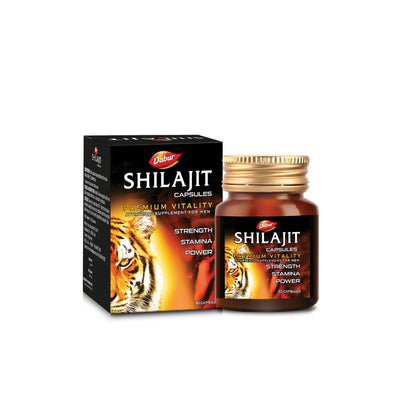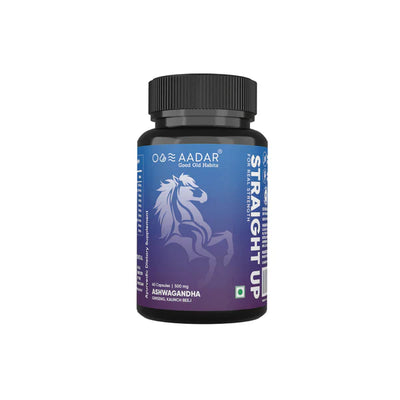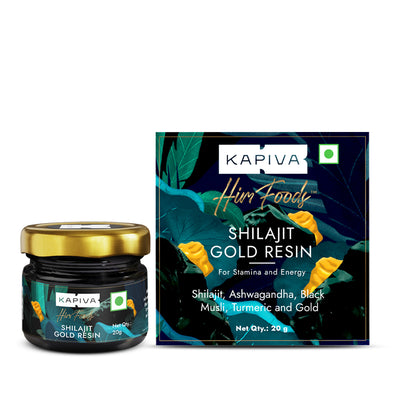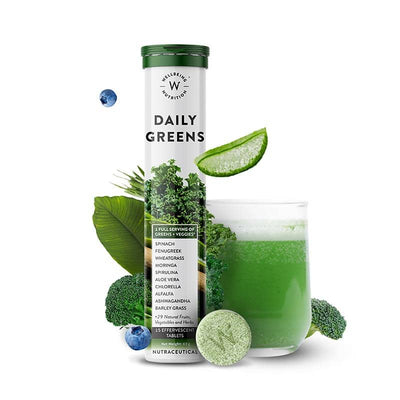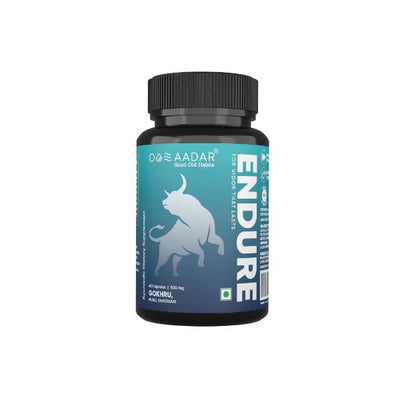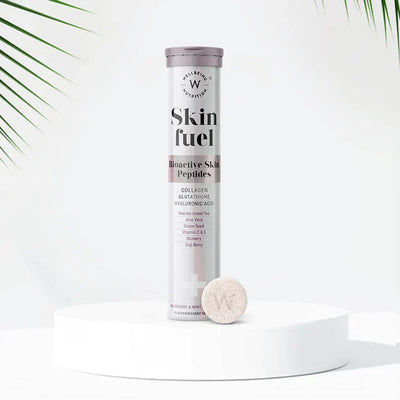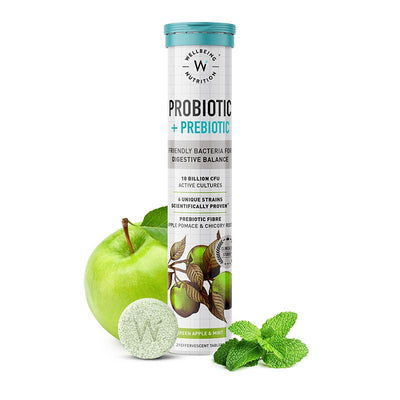Dehydration Prevention with Electrolytes in Hot Climates
Dehydration and Hot Weather
Dehydration is a condition where the body lacks sufficient water due to an imbalance of fluid intake and loss. It can happen when a person does not drink enough fluids or when the body loses fluids through sweating or diarrhea. Hot weather can increase the risk of dehydration because the body sweats more to cool down. It leads to a loss of fluids. Symptoms of dehydration include thirst, dry mouth, dark-colored urine, fatigue, and dizziness. Drinking plenty of water, especially in hot weather, is essential to prevent dehydration.
Symptoms of Dehydration
Dehydration is a condition that can occur due to many factors, including excessive sweating, vomiting, diarrhea. It is important to identify the signs of dehydration to take steps to rehydrate if necessary. Dehydration symptoms include thirst, dry mouth, skin and mucous membranes, fatigue, decreased urine output, dark yellow urine, dizziness or lightheadedness, dry skin, headache, and muscle cramps or contractions. Drinking water, electrolyte-rich beverages, and eating foods high in water content are effective ways to prevent and treat dehydration.
Early Dehydration
This stage occurs when an individual loses 2-3% of their body weight in fluids. Symptoms include thirst, dry mouth and skin, and dark yellow urine. At this stage, the body can compensate for the fluid loss, and the individual may experience discomfort, but their overall health is not significantly affected. However, the individual may experience more significant health issues that can lead to severe dehydration.
Severe Dehydration
This stage occurs when an individual loses over 10% of their body weight in fluids. The symptoms include extreme thirst, rapid heartbeat, sunken eyes, and unconsciousness. At this stage, the body does not compensate for the fluid loss, and the individual's health could be in danger. Severe dehydration requires immediate medical attention and can lead to organ failure if not treated.
Heat Stroke in Hot Climates
Heat stroke is a severe heat-induced condition in which the body cannot regulate its temperature, resulting in a rapid increase in body temperature, failure to sweat, and inability to cool down. Heat injury occurs by prolonged exposure to high temperatures and humidity. It is a medical emergency that requires immediate treatment. It can lead to the permanent disability with body temperature rising to 106°F or above within 10 to 15 minutes.
Causes and Symptoms of Heat Stroke
Some of the factors that can increase the risk of heat stroke include:
- Prolonged exposure to high temperatures: The longer a person is exposed to high temperatures, the greater their risk of developing heat stroke.
- High humidity: When the air is saturated with moisture, sweat doesn't evaporate as easily, making it harder for the body to cool down.
- Certain medications: Some medications can interfere with the body's ability to regulate its temperature.
- Underlying health conditions: People with certain underlying health conditions, like obesity, heart disease, and diabetes, may be more susceptible to heat stroke.
Symptoms of heat stroke can include:
- High body temperature (106°F or higher)
- Hot, dry skin or heavy sweating
- Rapid pulse
- Headache
- Dizziness
- Nausea
- Confusion
- Loss of consciousness
- Seizures
- Convulsions
- Shock
- Cardiac arrest
Prevention of Dehydration and Heat Stroke with Electrolytes
Preventing dehydration and heat stroke is crucial by staying hydrated and replenishing electrolytes lost through sweat. Consuming sports drinks or electrolyte-rich foods, such as coconut water, and taking electrolyte supplements can help to keep electrolyte levels balanced and prevent heat stroke. It's also essential to take regular breaks in a shaded area, especially during physical activity in hot weather.
Combating Dehydration in Hot Climates
Combating dehydration in hot climates is essential to maintain good health and prevent heat stroke. Here are some ways to restrict dehydration:
- Plan your activities: Avoid strenuous activities during the hottest part of the day, and take breaks in a shaded area.
- Eat hydrating foods: Incorporate foods with high water content, such as fruits and vegetables, in your diet.
- Monitor your urine: A way to determine if you're hydrated is by checking the color of your urine. If it's light yellow, it's a sign that you're well-hydrated. If it's dark yellow or amber, you need to drink more fluids.
- Listen to your body: If you are feeling thirsty, tired, or dizzy, it's a sign that you need to drink more fluids.
- Staying hydrated: You must drink plenty of water and other fluids, such as coconut water, or electrolyte-rich sports drinks, such as Elete Electrolyte Hydration drops. Avoid drinks that can dehydrate you, such as alcohol, caffeine, or soft drinks.
Preventing Heat Stroke in Hot Climates
It is beneficial to drink electrolyte-rich drinks, such as sports drinks, to prevent dehydration by replenishing the lost electrolytes through sweat, which can prevent dehydration. Electrolytes are minerals like sodium, potassium, and magnesium that are essential for maintaining the balance of fluids in the body. Sweating causes the body to lose more than just water. It also causes the body to lose electrolytes. If the body does not replace the electrolytes lost to sweat, it can lead to dehydration.
Electrolyte-rich drinks can help to prevent dehydration by replenishing electrolytes, stimulating thirst, improving hydration, and improving athletic performance. Sodium-rich electrolytes can stimulate thirst, which can help to encourage people to drink more fluids. Electrolytes can help to improve the absorption and retention of fluids in the body.
It is better to look for natural formulations free from sweeteners, calories, or any artificial colors, as they help keep the body hydrated for extended periods.
Bottom Line
Dehydration prevention in hot climates is crucial, and electrolytes can play a key role. Drinking water and electrolyte-rich fluids, such as sports drinks, can help replace the fluids and minerals lost through sweating. It's essential to listen to your body and consume fluids before, during, and after physical activity. Moreover, avoiding alcohol and caffeine is also crucial, as they can dehydrate you.
Frequently Asked Questions
Do electrolytes help prevent heat stroke?
Electrolytes can help prevent heat stroke by replacing the minerals and fluids lost through sweating, which can help regulate body temperature and cure dehydration. Drinking water and electrolyte-rich fluids can help keep the body hydrated and functioning in hot climates.
How do you replenish electrolytes in hot weather?
Replenishing electrolytes in hot weather can be done by drinking water and electrolyte-rich fluids such as sports drinks or coconut water, eating foods high in electrolytes like fruits, vegetables, and yogurt, and taking electrolyte supplements if needed.
What is the best way to keep your electrolytes up?
The best way to keep your electrolytes up is by consuming a balanced diet that includes fruits, vegetables, and electrolyte-rich fluids such as sports drinks or coconut water. It's also important to listen to your body and drink fluids before, during, and after physical activity.

